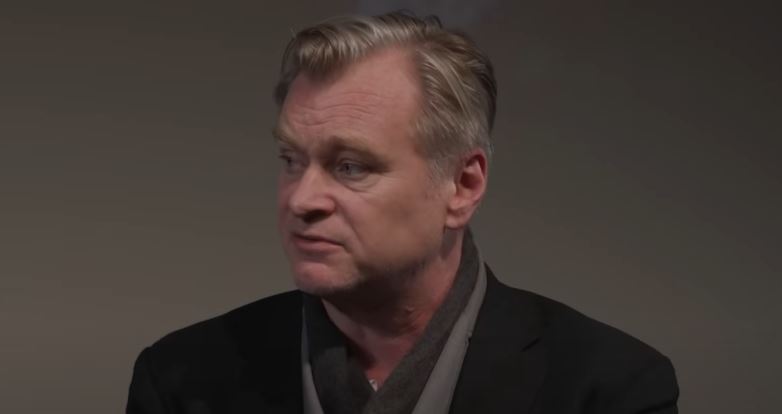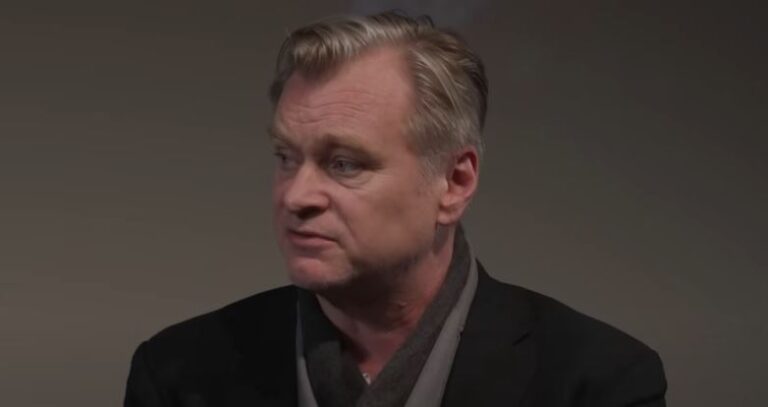As captivating as his films, Christopher Nolan’s financial journey is replete with calculated choices, enormous box office triumphs, and a strong dedication to narrative. Nolan is one of the most significant filmmakers of his generation, with an estimated net worth of $250 million. His earnings demonstrate his ability to redefine cinema and go beyond simply reflecting Hollywood salaries.
His unorthodox storytelling and defiance of industry norms were hallmarks of his ascent to fame. He received widespread praise for his ability to craft complex narratives in Memento (2000). By the time he brought Batman back to life with Batman Begins (2005), it was evident that he possessed the unique capacity to strike a balance between artistic vision and commercial success. From Inception to Interstellar, every follow-up film strengthened his standing as a filmmaker who challenges viewers to think while they are entertained.
Christopher Nolan’s Career and Financial Overview
| Category | Details |
|---|---|
| Net Worth | $250 million |
| Lifetime Box Office Earnings | Over $6.6 billion |
| Highest-Grossing Film | The Dark Knight Rises – $1.08 billion |
| Most Profitable Deal | Dunkirk – Earned over $100 million in backend profits |
| Academy Awards | Best Director and Best Picture for Oppenheimer |
| Production Company | Syncopy Inc. |
Nolan’s approach to finance is as methodical as his filmmaking. In 2021, he made a strategic change from Warner Bros. to Universal Pictures. He had worked with Warner for almost 20 years, consistently achieving success at the box office. But Nolan felt deceived when the studio controversially decided to release movies on HBO Max without first consulting the directors. He was blunt in his criticism of the decision, referring to HBO Max as “the worst streaming service.”
His historic agreement with Universal, which provided a more filmmaker-friendly approach, resulted from that fallout. Universal gave Nolan a 15% first-dollar gross deal, in contrast to conventional contracts that give directors a portion of net profits. This implies that he gets a portion of ticket sales before the studio even pays expenses. Oppenheimer made about $75 million in backend bonuses alone from the extremely profitable deal, which paid off handsomely when he made $1 billion worldwide.

Over the years, his revenue-sharing strategy has greatly raised his income. This was demonstrated by Dunkirk (2017), who earned an estimated $100 million from a backend percentage deal. In a similar vein, his Dark Knight trilogy brought in an incredible sum of money; The Dark Knight (2008) and The Dark Knight Rises (2012) made over $2 billion between them.
The filmmaking industry has changed as a result of Nolan’s commitment to IMAX technology and practical effects. Due to his insistence on using large-format cameras, studios have made significant investments in upscale movie theater experiences. This has improved the viewing experience for the audience and solidified his reputation as a filmmaker who values creativity over expediency.
Nolan is remarkably private about his lifestyle, even though he is financially successful. He doesn’t show off his wealth or indulge in the usual excesses of Hollywood. Aside from movies, real estate is his main investment. He and his wife, producer Emma Thomas, have built a multi-home compound in Los Angeles over the last 20 years. Their production company, Syncopy Inc., uses this property as both a home and a workspace.
His influence on the economy goes beyond his own wealth. His example has been followed by many filmmakers who want more creative control and prefer to negotiate backend deals over upfront salaries. Nolan has been acknowledged as a significant artistic and financial influence by filmmakers like Denis Villeneuve and Jordan Peele. It is uncommon in Hollywood for him to create films that are both commercially successful and intellectually engaging.
One thing is certain as rumors about his next project intensify: Christopher Nolan will continue to have an impact on film for years to come. His distinct position in the industry is demonstrated by his ability to push creative boundaries and command top-tier financial deals. His next move will surely enthrall audiences and further cement his reputation as one of the most influential directors of his era, regardless of whether he tackles another original screenplay or reimagines a classic.



